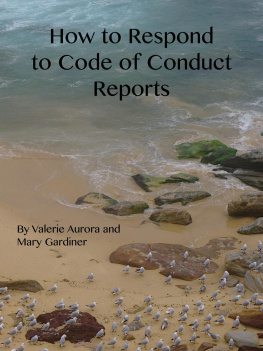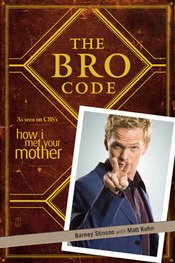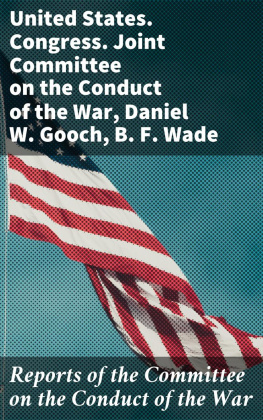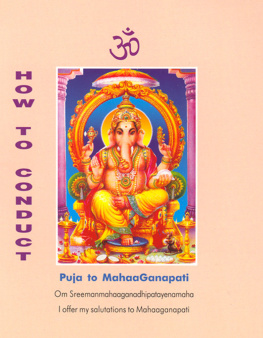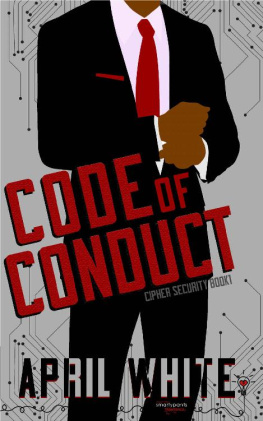How to Respond to Reports of Code of Conduct Violations
Valerie Aurora and Mary Gardiner
Published by Frame Shift Consulting LLC, 2019.
License and attribution
Written by Valerie Aurora, based on a short guide written by Mary Gardiner
Edited by Annalee Flower Horne https://www.flowerhorne.com/
Copyright 2019 Valerie Aurora https://valerieaurora.org/
Copyright 2012 Mary Gardiner https://mary.gardiner.id.au/
Cover image 2018 Mary Gardiner https://mary.gardiner.id.au/
CC BY-SA 4.0 Valerie Aurora, Mary Gardiner, Annalee Flower Horne, DjangoCon EU, Write the Docs EU 2016, PyGotham 2017 https://creativecommons.org/licenses/by-sa/4.0/
Published by Frame Shift Consulting LLC https://frameshiftconsulting.com
ISBN: 9781386922575
Version history
2018-09-15: Version 0.9: Draft release for review
2018-11-26: Version 0.99: Pre-release version for review
2018-11-28: Version 1.0: First edition
2019-01-08: Version 1.1: Fix typos, simplify formatting for better ebook conversion, add/remove links, add email sign-up link, add more incident response guide examples, add ISBN
Table of contents
E nforcing a code of conduct is difficult without the right training and knowledge. Most people enforcing a code of conduct for the first time make mistakes, and sometimes those mistakes have major consequences for their community. Unfortunately, few communities have people who have experience enforcing a code of conduct, and only a few communities can afford professional code of conduct training or consultants. As code of conduct experts with practical experience in responding to code of conduct reports, we wrote this guide to enforcing codes of conduct so that every community can have access to the current best practices in handling code of conduct reports.
This guide is not legal advice. If you need legal advice, please contact a qualified lawyer.
I f you are reading this guide after you have already received a code of conduct report and need to respond quickly, we recommend reading these parts of the guide:
Then follow the links from within those sections to go into more depth in the areas that are relevant to your current situation. We strongly recommend scheduling time to read through this guide in its entirety at a later time.
W e recommend that everyone involved in enforcing the code of conduct read this guide from beginning to end, including this introduction. This guide is organized into the following topics:
Each chapter is divided into sections, roughly in chronological order of when you will use the information in each section. At the end of each section, we include a list of related sections in this guide. At the end of each chapter, we include a brief summary of what you should have learned from that chapter and a list of outside resources referenced in the chapter. All of these outside resources are collected in for easy reference.
Chapter 3: " is a one-page guide to taking code of conduct reports for sharing with people in your community who are likely to take reports.
Everyone in community leadership should read at least this introduction and Chapter 1: "" so that community leadership and the code of conduct committee have a common set of terminology and principles to use when working together.
This guide assumes your community has already adopted a code of conduct and has a governance structure that allows it to be enforced. If you want help with writing and adopting a code of conduct, see for additional resources.
If your community can afford it, we highly recommend formal code of conduct training and engaging expert code of conduct consultants, which you can find at:
https://frameshiftconsulting.com/code-of-conduct-training/
T his guide is written by Valerie Aurora, based on a short guide written by Mary Gardiner, with editing and other contributions from Annalee Flower Horne. It includes quotes by permission from the conference transparency reports written by DjangoCon EU 2017, Write the Docs EU 2016, and PyGotham 2017.
In 2010, Aurora and Gardiner were the lead authors of the Ada Initiative anti-harassment policy, which became the basis of thousands of codes of conduct in use today. For more than four years, they directly handled or gave advice on handling code of conduct reports at conferences or in online forums.
Aurora has consulted for several organizations on codes of conduct as part of her work at Frame Shift Consulting, and taught and wrote a code of conduct training based on more than 7 years of professional experience writing and implementing codes of conduct. Flower Horne wrote and contributed to several codes of conduct for both volunteer and professional communities, and offers code of conduct consulting in multiple areas, including writing and adopting codes of conduct and responding to code of conduct reports.
This guide represents the collected knowledge and experience of Aurora, Gardiner, and Flower Horne and the many people who advised us along the way. Any comments using "I" or "me" are from Aurora personally; those using "we" or "us" refer to Aurora, Gardiner, and Flower Horne. All errors and mistakes are the responsibility of the lead author, Valerie Aurora.
If you would like to learn about new books, classes, and resources from Frame Shift Consulting, please sign up for our low-traffic mailing list here:
https://frameshiftconsulting.com/join-the-mailing-list/
You can also follow us on Twitter at @frameshiftllc.

